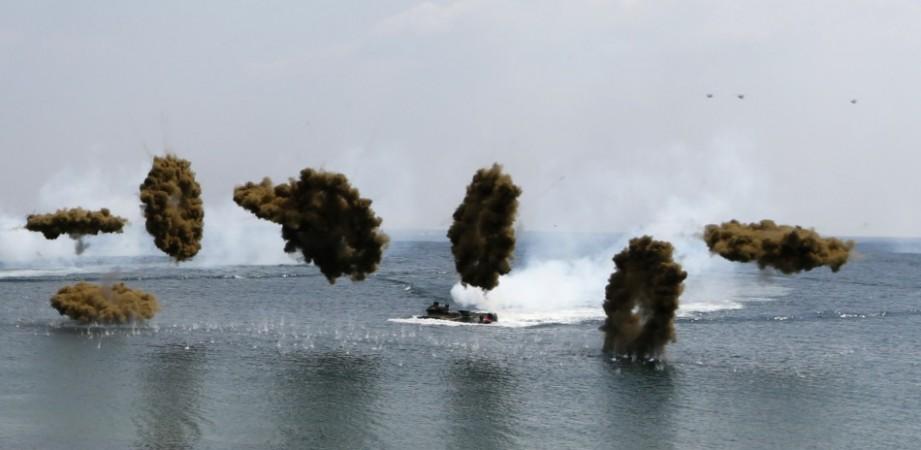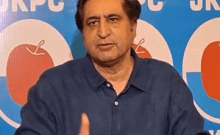
Insisting it is the first step towards improving the relationship between the two Korean nations, Seoul on Friday pressed North Korea to accept its offer to reunite families separated after the Korean War.
"We urge North Korea to show a sincere attitude toward our offer," Ministry of Unification spokesman Kim Eui-do told reporters.
South Korea has been pushing for the proposal to reunite families which were estranged after the war between the two counties that ended in a truce after an Armistice agreement signed on 27 July 27 1953. However, the two Koreas are still technically in war.
North Korea on Thursday cited South Korea's annual joint military exercises with the United States as a major reason why it would not cooperate on the family reunion bid.
North has, in the past, shown hostility to the joint military exercise, despite Seoul's insistence that they are defensive in nature and not aimed at any war practices. Pyongyang claims the military exercises are a rehearsal for a nuclear war against the North.
Last year, North issued a series of threats aimed at the joint military exercises between the US and South Korea, staged shortly after the controversial 12 February nuclear test. North Korea, at one point, even went to the extent of warning the two countries that it would reduce Seoul and Washington to a "sea of fire" with a nuclear attack.
South Korea's Yonhap News Agency reported that North, however, indicated that family reunions may take place in "a good season" as it hinted that the joint military maneuvers be halted and that the talks on resuming a suspended tour program to Mount Kumgang - that was highly lucrative for the North - be held.
The tours to the mountain were suspended after a South Korean tourist was shot dead by a North Korea guard in 2008. North Korea has since called for the reopening of the tour program that has been one of the few revenue sources for the highly impoverished and deprived nation.
In a recent Project Syndicate article, South Korean President expressed her fears that inter-Korean relations have become increasingly difficult to improve, especially after the unpredictable vibes North has send across after Kim Jong-un ordered the execution of his own uncle and leading figure Jang Sung-taek.
"North Korea unilaterally canceled the reunion of separated families only a few days before the agreed date, breaking the hearts of those who had long been eagerly awaiting it. North Korea then resumed its slander and threats against us, Park said in the article.
"Following the recent purge of Jang Song-thaek, known as the North's "second man, the political situation on the peninsula has spurred further concern among Koreans and the international community, serving as a reminder of how unpredictable the current situation is - and thus how difficult it has become to develop inter-Korean relations," she added.

















